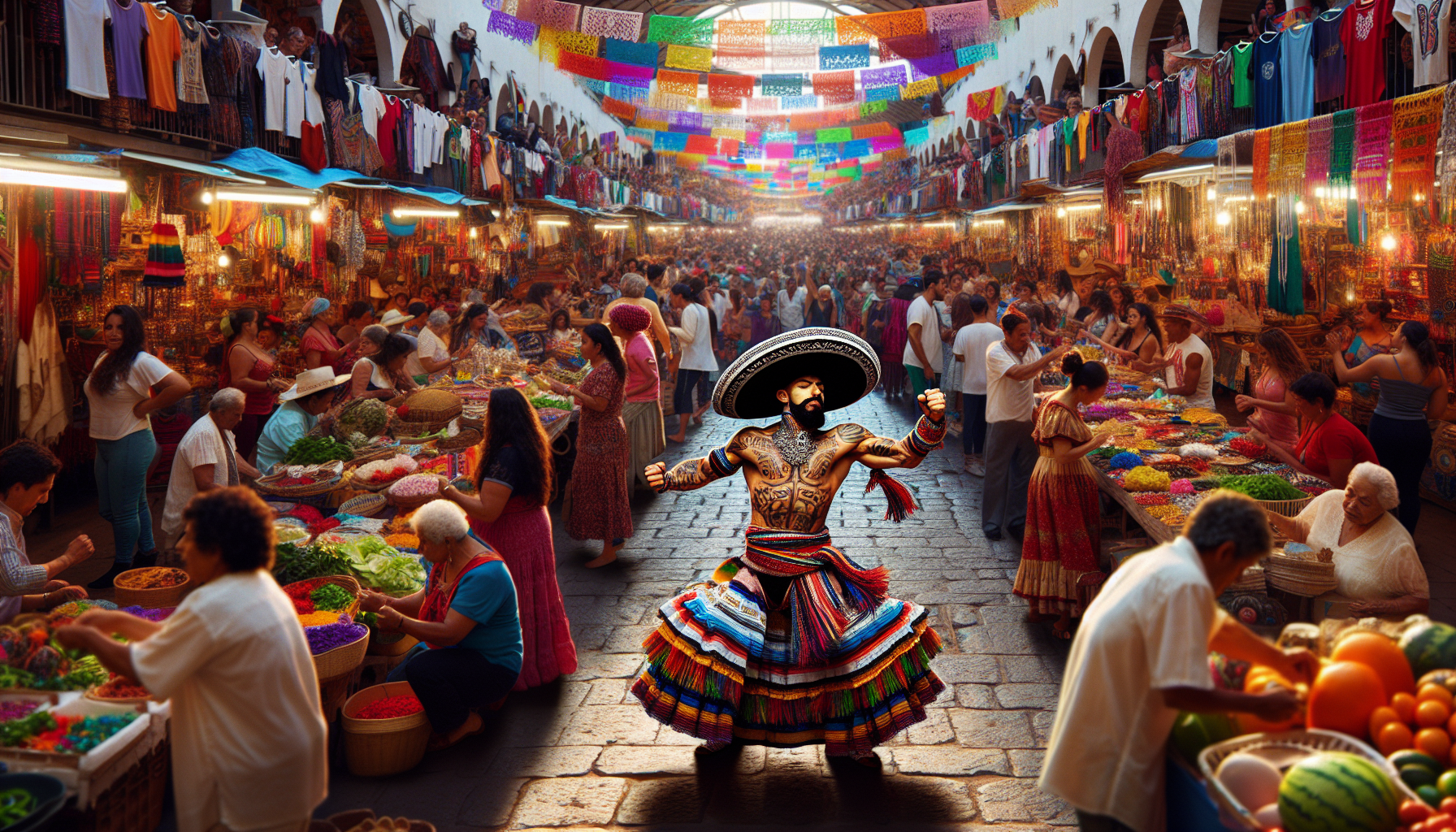In a world that grows increasingly interconnected, the allure of cultural immersion has captivated travelers and learners alike. Engaging with the rich traditions and heritage of global cultures offers a gateway into understanding the myriad of ways in which societies have evolved, expressed values, and celebrated life across centuries.
Immersing oneself in a culture begins with embracing its language. Language is not just a means of communication but a lens through which people view the world. Learning key phrases or even delving into local dialects opens up opportunities for deeper interactions with locals, who often appreciate efforts made to respect and understand their way of life. Beyond language, food serves as a universal bridge to cultural exploration. Each dish tells a unique story, representing the historical and geographical influences that have shaped a region. By savoring traditional cuisines, one literally tastes the essence of a culture, enjoying the spices, textures, and flavors that are intrinsically tied to a culture's identity.
Another vital aspect of cultural immersion is participating in local customs and traditions. Whether joining a festival, partaking in a religious ceremony, or learning a traditional dance, engaging directly with cultural practices provides invaluable insights into a community's values and beliefs. These interactive experiences allow individuals to connect with others on a human level, transcending the confines of cultural barriers and fostering mutual understanding.
Additionally, exploring art and music within different cultures offers a profound glimpse into their history and ethos. From the vibrant murals on the streets of Mexico City to the haunting melodies of Mongolian throat singing, art and music capture the emotions, struggles, and triumphs of a people. Engaging with these creative expressions enriches one's appreciation for the diversity and complexity of human experience.
Academically, understanding cultural heritage involves studying the folklore, mythology, and literature that have passed down through generations. These stories provide deeper context to a society's ethos, conveying moral lessons, historical accounts, and the collective imagination of its people. Through literature and storytelling, individuals can explore the philosophical undertones and societal structures that craft a culture's identity.
Moreover, it is essential to be aware of the socio-political context that has shaped and sometimes threatened cultural traditions. Many societies have endured colonization, globalization, and modernization, which have sometimes led to the erosion of indigenous practices. By acknowledging these past and present challenges, cultural immersion becomes an act of preservation and respect, helping to protect and revitalize endangered cultural expressions.
Ultimately, cultural immersion invites us to expand our worldviews, challenging preconceived notions and biases. It fosters empathy, humility, and appreciation for diversity, encouraging us to celebrate the commonalities and differences that make our world vibrant. As we immerse ourselves in the rich traditions and heritage of global cultures, we become part of a larger narrative of interconnectedness, contributing to a mosaic of shared human experience. Embracing this journey enriches not only our understanding of the world but also deepens our connection to it.
